
"I'm interested in homestay, but what is it really like?"
We collected a survey from former homestay participants and summarized some American homestay norms and expectations.
If you are interested in homestay, please use the following as your reference.
Shower time is fixed.

It is said that Los Angeles is sunny for approximately 290 days a year.
As it does not rain often in Los Angeles, there is a chronic shortage of water. Considering this, we take the initiative to save water at our host family's home.
Therefore, it is essential to take a shower once a day for 5-10 minutes.
5 minutes?!
If you are a woman with long hair, you might have to rush, won’t you?
However, this does not include the time when you do not have to use the water such as while washing your body. The 5 minute time entails the time when you have the water on.
In relation to water usage, laundry is done once a week.
Indoor drying is not common.

This may be a cultural difference but fundamentally, everything is put in the dryer in America.
Underwear is also put in the dryer.
Some homes are against indoor drying as they believe that the moisture can damage their home furniture.
Dinner time is fixed
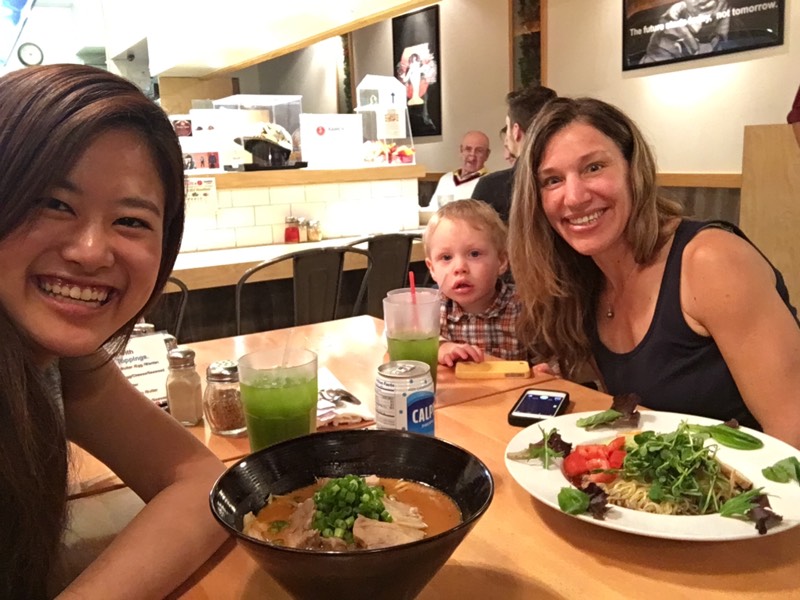
Most host families have dinner together.
And the dinner time is fixed.
Many hosts usually have dinner between 6:00 PM and 8:00 PM
If you can't get home by dinner time, let your host know.
Curfew and lights-out time

Los Angeles is a safe area, but it is dangerous to walk at night.
Therefore, many homes have a curfew from 10:00 to 11:00 PM
If you plan to spend the night elsewhere, please let the host know in advance.
Because some guests call their families and some take a shower at night, the lights-out time and shower time are set as house rules.
Hosts also have a life outside their homes, so be sure to respect each other’s daily schedule.
Meal is simple
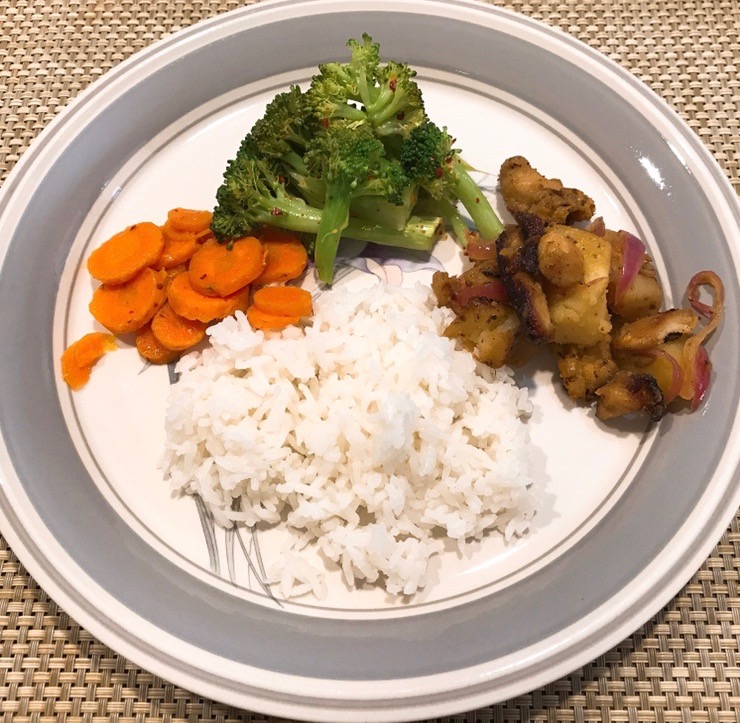
It is American style to serve meat and vegetables on one plate.
There are no multiple side dishes like in Japan.
Also, the seasoning is as simple as salt and pepper, or BBQ sauce.
Although it is America, Los Angeles is home to many cultures; therefore, it has various roots from South America, Asia, Europe, and more.
It may be fun to be able to eat home-cooked foods from countries such as Mexico and the Philippines that you haven't eaten before.
Host families spend their free time.
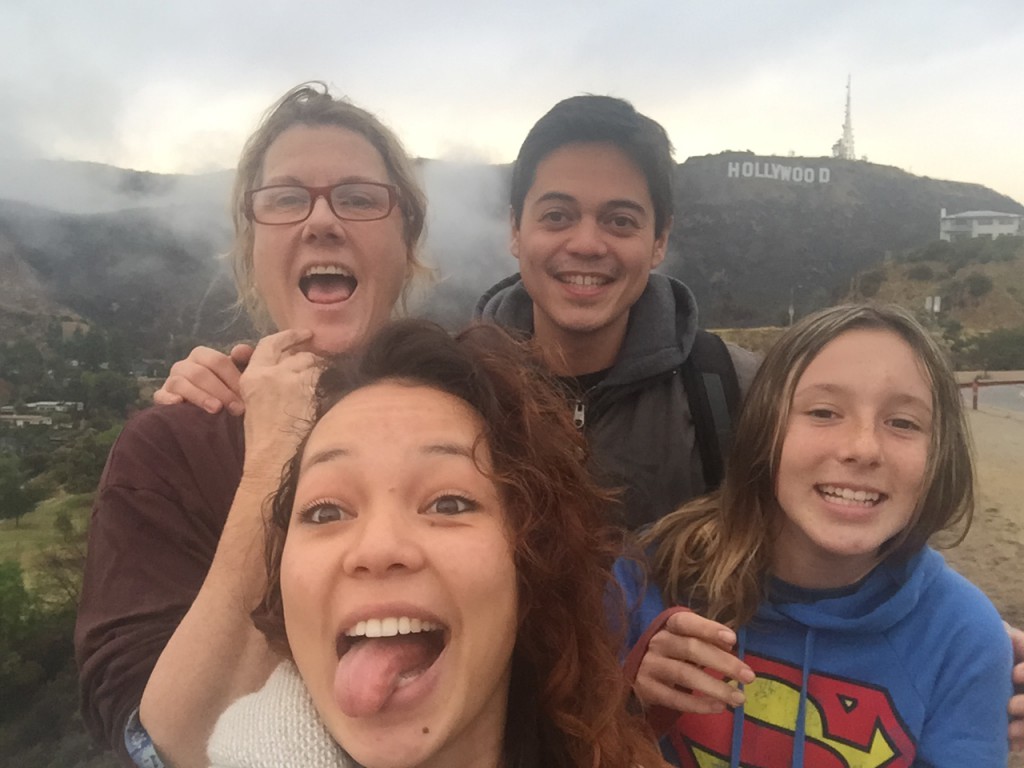
Many families go to church on weekends, and spend their time as they please.
You will be disappointed if you expect to spend time with your host families every weekend and/or holidays.
If you are interested, you can ask them to take you to Church.
The host also has a daily life, so it is best to not expect too much.
House is big
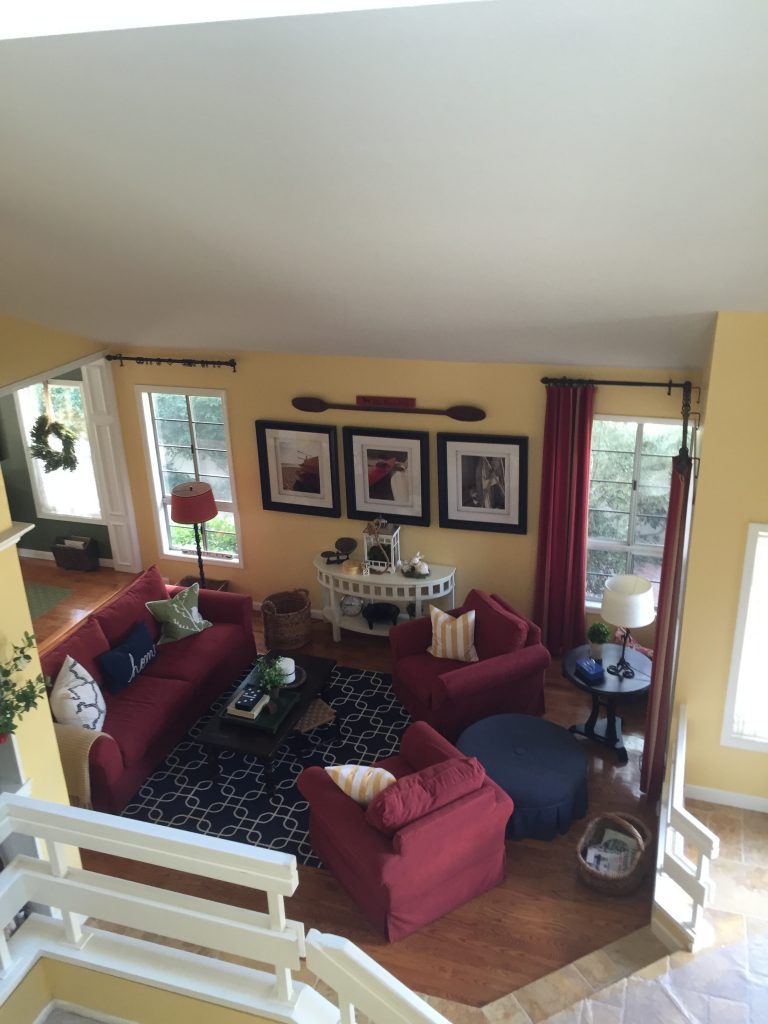
Of course, it depends on the house, but average American houses are larger compared to houses in Japanese.
A homestay in Santa Monica has a picturesque mansion that consists of eight rooms for guests, a large chandelier, and a spiral staircase.
Some houses have a gym machine, a swimming pool, a table tennis table, and a spacious garden that you can only experience in the United States.
You could be invited for family events
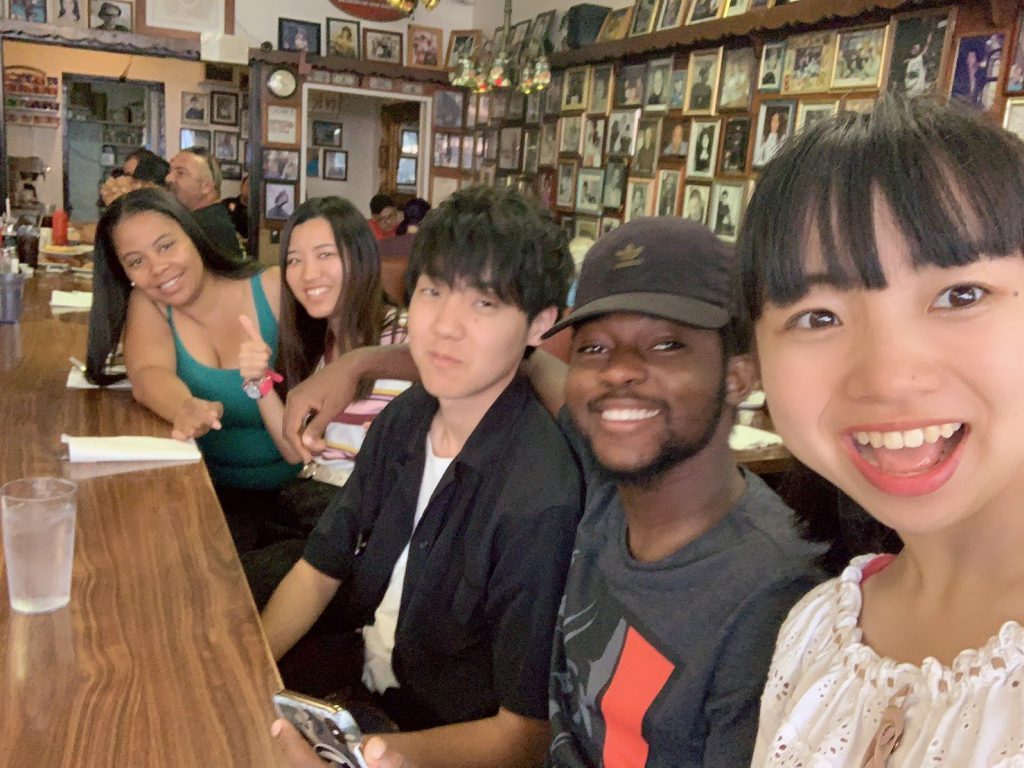
Many of the guests were treated as members of the family, and many said that it was a great experience to be invited to family gathering celebrations such as Christmas and Thanksgiving.
Some guests have had a valuable experience with being invited to birthday parties, vacation trips, and even being introduced to their extended families.
It’s difficult to refuse.

For Japanese people who do not like to say no, it seems that refusing is quite laborious until they get used to it …
But this is America
If you do not express your intention properly, it will not be communicated to the other party, and an ambiguous attitude may even offend the host.
There are many hosts who have a lot of experience in hosting Japanese students, so they will have some understanding of Japanese traits, but it is still important to be able to say Yes / No properly.
Shoes are worn inside the house.

America is a culture where you don’t take off your shoes even at home.
Some homes do not allow shoes, but many enter the room with shoes.
Therefore, the floor may be sandy.
In any case, Japanese people seem to be reluctant to wear shoes inside the house so they prepare slippers to wear in the room.
Summary

“I’ve made them angry or caused misunderstandings because I couldn’t convey what I wanted to say clearly…”
It seems that there are many people who have had such an experience.
You may be confused by the unfamiliar environment and feel frustrated when things don't go as expected.
However, communicating with the host family is absolutely essential if you want to have a comfortable homestay experience.
As people from different cultures are living under one roof, it is only natural that they will have lifestyles and customs that are from one another.
If you have any doubts, questions, or concerns, do not hesitate to ask.
And if you have any opinions or thoughts, make sure to communicate them clearly to gain a better understanding from one another. Doing so will make your homestay experience easier.
Instead of not speaking because you are not confident in English, try to actively communicate even if you make grammar mistakes.
By doing so, many homestay problems can be solved.


